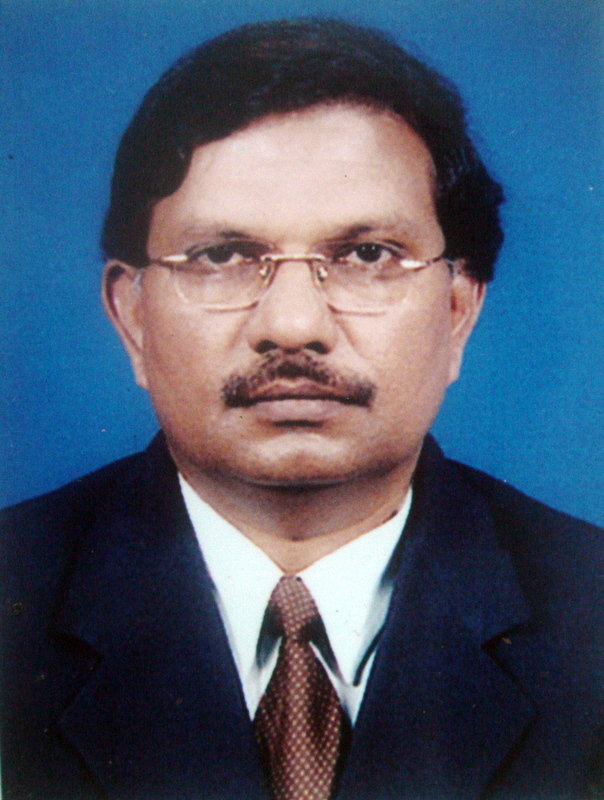| Article Section | ||||||||||||||||||||||||
|
Home |
||||||||||||||||||||||||
Tax on Purchases by EOU's - Additional Working Capital required to pay GST on Inputs |
||||||||||||||||||||||||
|
||||||||||||||||||||||||
Tax on Purchases by EOU's - Additional Working Capital required to pay GST on Inputs |
||||||||||||||||||||||||
|
||||||||||||||||||||||||
The provisions of Section 16 of the IGST Act provides for the zero rated taxation of inputs supplied to SEZ Units whereas EOU’s have been left out. The impact of such exclusion would be immense especially on the Cash flow of such units apart from the huge interest burdens on these units thereby creating a situation where their products would not be competitive to meet the challenges of the international markets. Further Section 54 of the CGST Act, which lays down provisions relating to “Refunds”, specifies that 90 % of amount claimed would be paid immediately. When we look at the immediateness of the refund one would realize that the EOU would have to purchase the inputs on which GST would have to be paid, and then these inputs would have to be processed and finally packed and exported. Further the returns for the relevant periods would have to be filed after which the tax paid on the inputs would finally be reflected in the Electronic Credit ledger of the EOU, subsequent to which the unit would have to file FORM GST RFD-01 for claiming refund. This whole process would take not less than 90 days for all these operations and formalities to be finally completed. This time delay would occasion the increase of Working Capital requirements for such units which would be over and above the pre-shipment and post shipment credits already being enjoyed by such units from their bankers. A simple example of an EOU doing an export of 180 crores per annum undertaking the activity of receiving and polishing Granite slabs and exporting would bring forth a situation where there is an additional cash outlay by the unit to the tune of nearly 10 crores per quarter. Assuming that the lead time from the date of purchase, processing and export and finally claiming refund would be 90 days, the EOU would have to look for funds for payment of taxes on inputs purchased over the period of 90 days. A figurative display of the taxes which would to be funded by the EOU is as given below:
The immediate question which arises here is that it is still unclear whether any banker would want to fund this extra burden which has been only created by the introduction of a new tax regime? The fact is that this additional working capital requirement cannot be commercially justified in any manner as there is no corresponding increase in the production levels or performance levels. Moreover, the policy that taxes should not be exported maybe accomplished by charging zero rate of tax on exports but the fact that extra taxation payments and interest thereon needs to be made to the tune of 9.56 crores (which is nearly 7 per cent of the total input cost) on inputs actually adds up to the export price of such units thus making them uncompetitive in the World market. It is obvious that this disparity would create a lot of opportunities for countries like China where exporters are being given a lot of benefits to compete in the international markets. It would be a great relief to such EOU’s if the Government takes immediate steps to mitigate this anomaly being faced by them by making them at par with SEZ’s so that supplies made to them are also zero-rated.
By: CA Seetharaman K C - July 8, 2017
Discussions to this article
|
||||||||||||||||||||||||
| |
||||||||||||||||||||||||
 9911796707
9911796707

